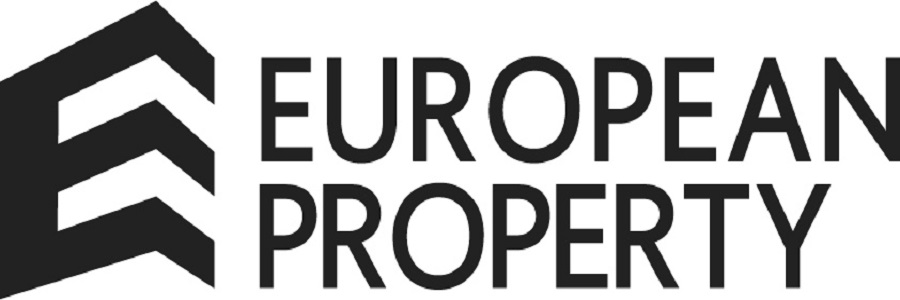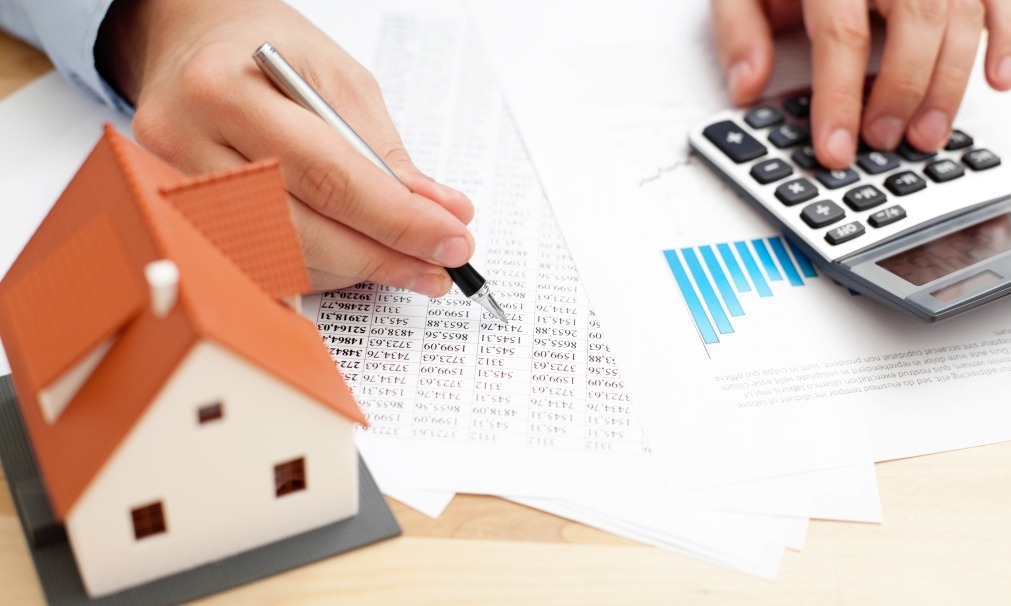For many, owning a property in Spain would be a dream come true. After all, Spain is the second-most visited country in the world, attracting more than 83 million international tourists back in 2019. It is easy to be captivated by the enduring appeal of the country. Spain offers a seemingly impossible combination of characteristics – from sophisticated museums, rich history, and cultural masterpieces to the allure of endless music festivals and vibrant nightlife. However, the complexity of buying a house in a foreign country should not be underestimated.
Without the proper preparation and sufficient research, people could easily fall into unseen pitfalls and be forced to pay much more than they would otherwise have. Navigating the Spanish bureaucracy could be an entire ordeal just by itself. However, there is also the issue of trying to figure out what the total cost of buying a house in Spain is going to be. The price you see listed by the sellers is often accompanied by numerous ‘hidden’ costs that will further increase the amount of funds you may need to set aside in order to successfully complete the purchase.
What Taxes To Consider?
If the chosen property is being purchased for the first time, a VAT/IVA tax payment on the purchase price is going to be incurred. In addition, a Stamp Duty (AJD), which is determined by each autonomous community, is going to be applied as well. On the other hand, properties that have already been transferred at least once in the past are only taxed with a special Stamp Duty (ITP) for a resale home. Its rate also varies between the different autonomous communities.
Then, property buyers should take into account the fact that they will have to cover the Spanish Notary fees. The exact amount that may need to be paid is calculated based on the total number of pages of the deed, the total value of the property, the number of documents accompanying the deed, etc. It is also strongly recommended to pay to register the property with the Spanish Land Registry Office. Although not mandatory, doing so provides the main legal protection for the holder of the property.
The Currency Exchange Rates
Among the elements of the buying process that often gets overlooked is the fact that the deal must be completed in the appropriate currency. If the buyer cannot pay the full amount of the property’s price in Euro, they will need to exchange some of the currency they own to cover the difference. The exchange rate of the involved currencies is likely to fluctuate with time as the value of each currency is influenced by numerous interconnected local as well as international factors. Due to the significant sums typically seen in property deals, even a small drop in the value of the currency turned into Euros could result in a sizeable financial loss.
Property Condition Survey
Another optional but extremely important step is hiring professionals to perform a property condition survey. The costs associated with the survey should in no way be regarded as unnecessary expenditures. The experts will evaluate the state of the property and how well it has been preserved, its structural integrity and system, as well as its urbanistic situation. When it comes to town planning, the Spanish legislation is quite extensive, and without the necessary knowledge, buyers may fail to identify critical elements of the conveyancing process. As a result, they may be unpleasantly surprised by having to pay additional costs and fees in the future.
Mortgage and Banking Costs
In order to complete the purchase of their chosen property successfully, buyers may be required to open a Spanish bank account. The account will be used to receive the funds involved in the deal from the home country of the buyer and then transfer them to the sellers. The transaction may be subjected to international transfer costs, especially if it is carried out in a currency other than Euro. A way to try and minimize the banking costs may be to look for a broker that specializes in facilitating foreign exchanges.
If a portion of the funds will be acquired through a mortgage, you should contact the lending bank in advance and ask for a detailed calculation of all related costs, the needed guarantees, and any other requirements that may exist. Keep in mind that the terms of the mortgage offered to non-residents could be less favorable compared to those available to Spanish residents.


